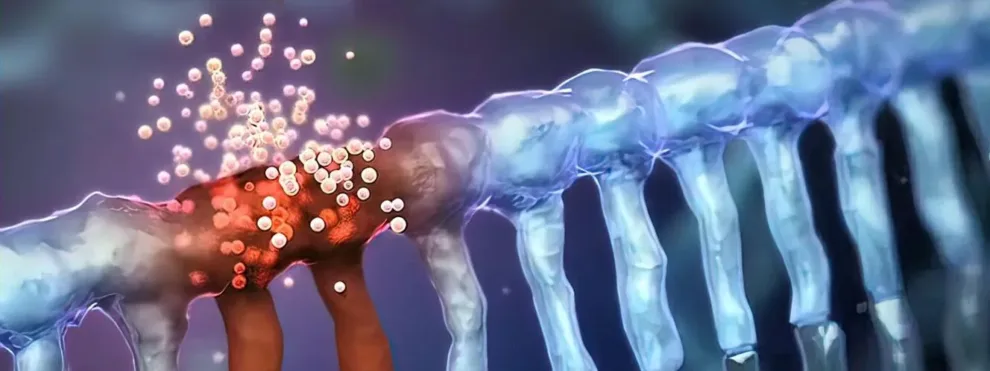Being that it is a relatively “niche” segment of the industry, there are several key areas that need to be considered in the field of molecular services related to cell and gene therapies. First and foremost, it is important to recognize that regulatory guidelines within this field are continuously evolving. In addition, the rare disease populations in which clinical studies are often carried out for this class of therapies demands highly sensitive equipment such as qPCR, ddPCR, and flow cytometry. Together, these factors heighten the importance of identifying a CRO with a sophisticated facility infrastructure and extensive scientific expertise with the ability to think outside the box.
With best-in-class instrumentation, state-of-the-art facilities, and seasoned scientific staff, KCAS is poised to provide end-to-end bioanalytical support for Cell and Gene Therapies.
Whilst Bioanalytical packages for traditional biologics such as monoclonal antibodies are well defined, Cell and Gene Therapies introduce an entirely new layer of complexity. In gene therapies, for example, numerous delivery systems are being used (majority being viral vectors). This means that, in addition to monitoring the transgene itself, we must also monitor the presence of the viral vector. A couple ways this can be accomplished are through biodistribution and viral shedding assays. Biodistribution helps track how the product is spread throughout the patient’s body, and ultimately determine whether the viral vector has been transduced in the specific cell type of interest. Viral shedding assays are used to monitor how the virus-based therapeutic is released or excreted from a patient through testing in a variety of different matrices. Before clinical studies can take place, these factors, as well as others, need to be taken into consideration.
For studies such as biodistribution and viral shedding, it is highly recommended that qPCR and/or ddPCR are used as they are superior to traditional ligand binding assays in terms of sensitivity, specificity, and dynamic range. For example, if there has been a complete gene deletion, or there is little expression of the target protein, a highly sensitive assay is required. Once the transgene has been introduced, the expression of the target protein will increase, so the dynamic range needs to be very wide.
Furthermore, clinical studies in this field tend to be carried out in extremely rare disease populations, and as a result, are much smaller in overall patient number. The challenge researchers must overcome is identifying a combination of bioanalytical assays to assess the overall product, while being mindful of limited sample availability. Fortunately, the industry has developed a number of tools that are available to address small sample sizes but choosing which to use can be a challenge.
As mentioned above, the cell and gene therapy space differs from other biologic modalities, as regulatory waters are not as clearly defined. Researchers and regulatory agencies alike are forced to be creative and come up with unique solutions to meet regulatory requirements.
The lack of a clearly defined regulatory path in this space requires a full consortium of different services, and KCAS is equipped to provide a full list of optional (and/or required) solutions to navigate these murky waters.
In addition to qPCR and ddPCR platforms, KCAS also offers high-parameter flow cytometry and cell sorting services at the Spring House Innovation Park (SHIP) location in Pennslvania. Flow cytometry is an extremely powerful tool that can aid in assessing and monitoring the immune system at both the extracellular and intracellular level. In addition to the molecular assays listed above, flow cytometry can help answer questions about therapeutic efficacy, as well as safety from an immunological standpoint. Cell Sorting also has numerous applications in the cell and gene therapy space, such as cell line development, isolating transfected/transduced cells, establishing cell clones, screening CRISPR libraries, Omic studies, and more.
With the exponential growth of the Cell and Gene Therapy space, and everchanging regulatory guidelines, finding a trusted bioanalytical partner with the ability to think outside the box is more important than ever. Not only does the KCAS family of companies have the most qualified and experienced personnel, but we also have the state-of-the-art facilities and instrumentation required to offer a comprehensive package of services to assist your drug development efforts.

